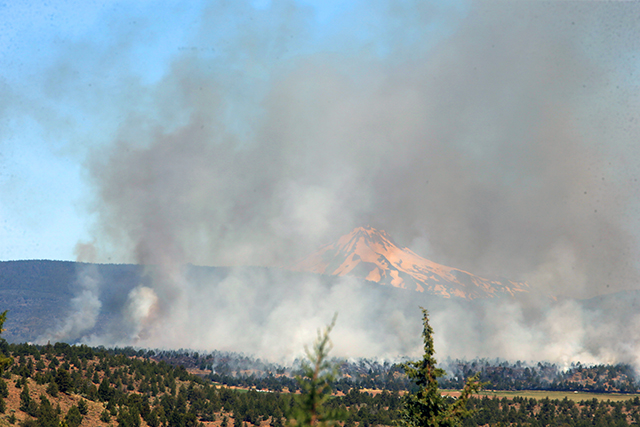Netanyahu’s Zionist father, credited with GOP’s push to form Israel
Published 5:00 am Tuesday, May 1, 2012
Ben-Zion Netanyahu, a scholar of Judaic history who lobbied in the United States for the creation of the Jewish state, wrote a revisionist account of the Spanish Inquisition and became a behind-the-scenes adviser to Israel’s prime minister — Benjamin Netanyahu, his son — died Monday at his home in Jerusalem. He was 102.
The prime minister’s office announced the death. The elder Netanyahu’s views were relentlessly hawkish. He argued that Jews inevitably faced discrimination that was racial, not religious, and that compromising with Arabs was futile.
In the 1940s, as the executive director of the New Zionist Organization in the United States, he met with policymakers like Gen. Dwight D. Eisenhower and Secretary of State Dean Acheson. He also wrote hard-hitting full-page advertisements that appeared in The New York Times and other newspapers.
His group, which was part of the right-wing movement known as revisionist Zionism, originally opposed creating the new Israel by dividing Palestine between Jews and Arabs. It wanted a bigger Jewish state, which would have included present-day Jordan.
The partition was ultimately made, but Netanyahu came to support the smaller state and was instrumental in building U.S. support for it, according to Rafael Medoff, director of the David S. Wyman Institute for Holocaust Studies in Washington.
Medoff, in a letter to The Jerusalem Post in 2005, said Netanyahu had persuaded the Republican Party to call for a Jewish state in its 1944 platform. It was the first time a major U.S. party had done this, and the Democrats followed suit.
Ben-Zion Netanyahu studied medieval history at Hebrew University in Jerusalem, where he became involved with the revisionist Zionists, who had split from their mainstream counterparts, believing they were too conciliatory to the British authorities governing Palestine.
The revisionists were led by Vladimir Jabotinsky, whose belief in the necessity of an “iron wall” between Israel and its Arab neighbors has influenced Israeli politics since the 1930s.
In 1940, Netanyahu went to the United States to be secretary to Jabotinsky, who was seeking to build U.S. support for his militant New Zionists. Jabotinsky died the same year, and Netanyahu became executive director, a post he held until 1948.
Netanyahu returned to Jerusalem after Israel declared its independence in 1948.






